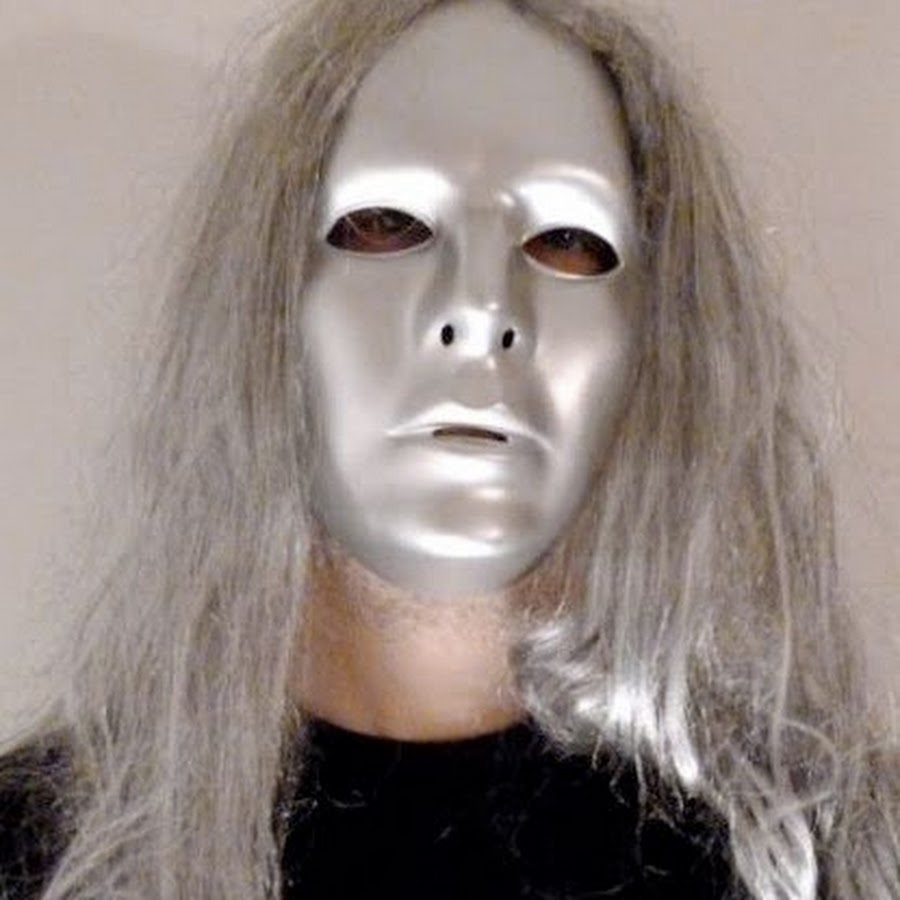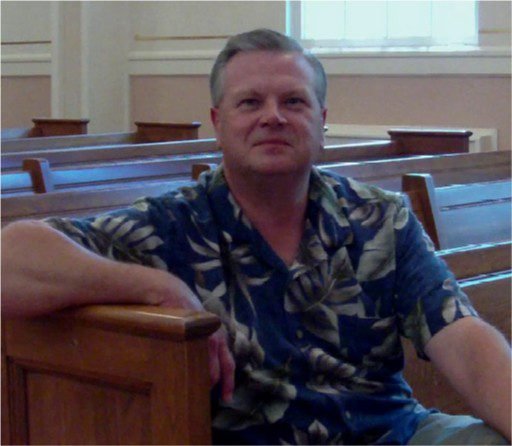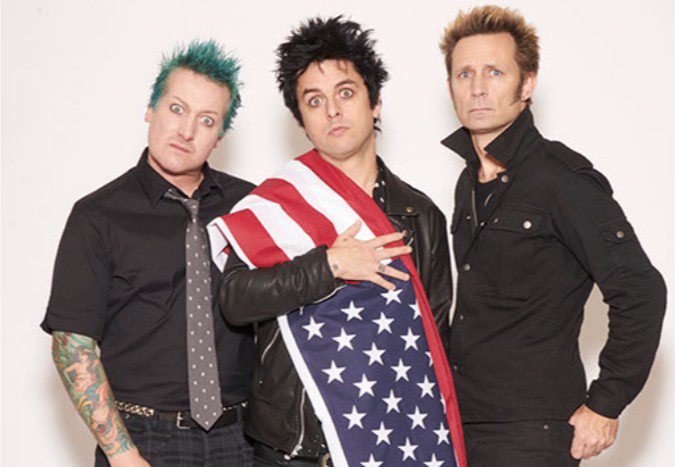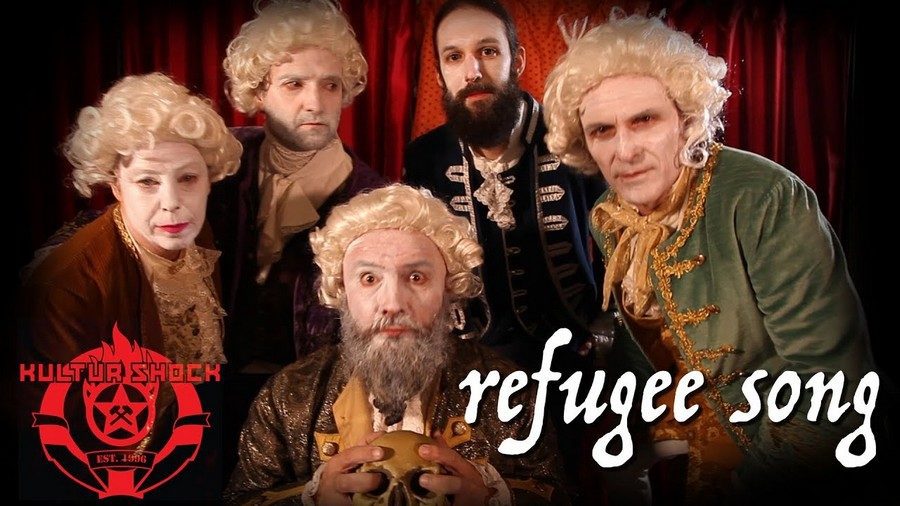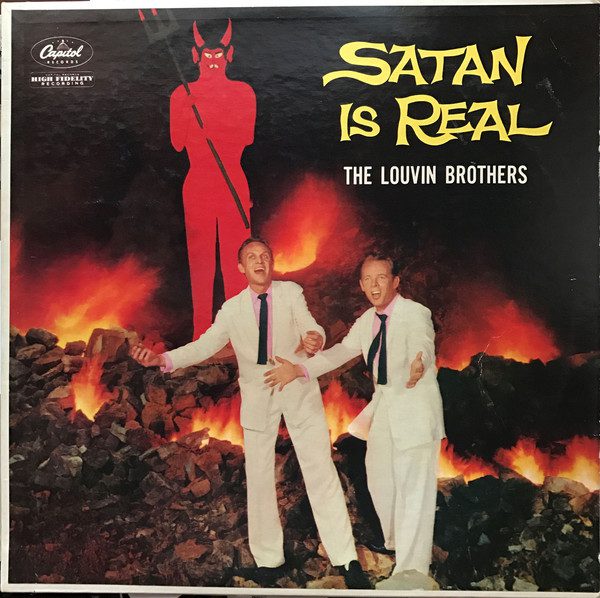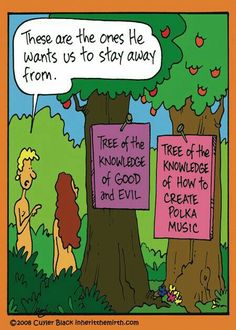
Guest post by ObstacleChick
Then you will know the truth, and the truth will set you free. John 8:32
Where ignorance is bliss, ’tis folly to be wise. — Thomas Gray
A little learning is a dangerous thing. — Alexander Pope
Nothing in all the world is more dangerous than sincere ignorance and conscientious stupidity. — Dr. Martin Luther King, Jr.
Real knowledge is to know the extent of one’s ignorance. — Confucius
Knowledge is a weapon. I intend to be formidably armed. — Terry Goodkind
No thief, however skillful, can rob one of knowledge, and that is why knowledge is the best and safest treasure to acquire. — L. Frank Baum
Not to know is bad; not to wish to know is worse. — African Proverb
Knowledge is power. — Francis Bacon
In Sunday School, children learn the story of the Creation and the Fall of Mankind. When I was a child, the Sunday School teacher would read the story to us – and if we were lucky, she would populate a felt board as the story unfolded. Typically, after the story, some sort of craft or game would follow, helping to reinforce the lessons contained in the story. Sunday school was fun, but as an adult I can see how much indoctrination occurs in such a setting.
The story of the Creation and the Fall of Mankind is quite brilliant in that it attempts to explain the following to people who lacked explanations to their questions about their origins. The story tackles the following topics:
- the origins of humans;
- the presence of good and evil in the world;
- what happens if people disobey their deity;
- why women have been treated as second-class citizens;
- why people desire to have sex;
- why childbirth is so painful;
- why the serpent slithers on the ground and why so many people have an antipathy for it;
- why there is death;
- why people wear clothes;
- why we cannot return to a perfect world on earth;
- why we have to work and why it is hard.
I am many years removed from learning these Bible stories and more than a decade removed from church attendance. Looking at some of these stories years later, as an atheist, I see aspects of the story that I had not considered before. It is also interesting to look at these stories in terms of mythology and not as the literal historical fact that Biblical literalists profess.
One thing I find fascinating today is the concept of the Tree of Knowledge. In Sunday School, it was described as the Tree of Knowledge of Good and Evil. Adam and Eve were instructed that they could eat of any tree in the garden except for this tree, for if they did, they would “surely die.” It is hard to understand how newly-created humans who have no experience, no education, no knowledge, could comprehend concepts such as “good,” “evil,” and “death.” Maybe the deity or deities “created” their brains already programmed with certain concepts, instincts, tools necessary for survival, but the story does not explain any of that. Carl Jung posited the concept of “collective unconscious,” the supposed part of the unconscious mind that is derived from ancestral memory and experience and is common to all humankind, as distinct from the individual’s unconscious. There is no evidence of the existence of “collective unconscious,” though it is an interesting concept to ponder.
But let’s return to the Tree of Knowledge of Good and Evil. The phrase literally translates as the tree of knowledge of good and evil from the Hebrew language. But the pairing of opposites may be an example of merism, a literary device that depicts meaning by pairing direct opposites – and in this case, it could be a merism that denotes “everything.” Some scholars believe that the merism does not denote a concept of morality but is merely inclusive of “everything.” In any case, many Christian sects teach that Adam and Eve were punished for their disobedience, and that the punishment carried forth through all Adam and Eve’s descendants — including those of us who are alive today. I have not heard preachers expand upon the concept of Adam and Eve being punished for seeking and acquiring knowledge, though some may have. It is true that there are plenty of Bible verses that warn against seeking worldly or carnal knowledge, and knowledge of content outside the spiritual is denigrated. Human knowledge itself is denigrated as being inferior to the knowledge of God. I searched online for a comprehensive list of Bible verses that denigrated knowledge and could not find one such list, but I found many verses in both testaments denigrating knowledge. I also found a variety of verses that state that true knowledge can only be found through the guidance of the Holy Spirit.
If one considers the Tree of Knowledge as symbolic of knowing everything, then why was it that god or gods did not want the humans to have knowledge of everything? Was God meaning to protect the humans or was he trying to prevent them from attaining knowledge? And why would God try to prevent humans from acquiring knowledge? There is so much good that has come from humankind’s attainment of knowledge. We have learned more about how the world works, how to prevent diseases, how to harness the earth’s resources for better living conditions, how to increase our crops and how to supply fresh water. However, we have also learned more efficient ways to kill our fellow humans, and we have polluted the earth. We have created borders to exclude our “tribes” from one another. It is said that with much knowledge comes much responsibility. Perhaps the creators of this myth, ancient though they were, understood the great power and great danger of knowledge when conscientious stewardship is not applied.
From my own personal experience, knowledge of the world outside the Evangelical bubble was key to my deconversion process. In fundamentalist religions, people are warned against the outside world, often prohibited from owning certain books or gaining access to the internet and discouraged from attending secular schools. The outside world is labeled as evil, with pastors/rabbis/imams railing against the dangers to be found in the outside world. Some religions scare their members with images of demons and hell lurking around every corner, to be found in each book or library or website. The goal of fundamentalist religions is to retain its membership — to indoctrinate a new generation — and to do that, they must convince their followers that TRUTH can only be found within the safe confines of their fundamentalist religious world. As my friend who was raised in Reform Judaism commented when I told her the story of my upbringing in Evangelical Christianity, it’s a cult designed to keep its members trapped within.
The Tree of Knowledge of Good and Evil can be, then, symbolic of all the exposure one encounters outside the confines of fundamentalist religion. I have eaten from that tree. I can no more unsee or unread or unlearn the ideas I found outside those confines any more than I could uneat a fruit. I could try to purge it from my mind as one might try to purge a food or poison from one’s body, but the effects of exposure are not easily reversed. At least, for me they could not be. Nor would I desire a different outcome.
What do you think about the myth of the Tree of Knowledge of Good and Evil? Do you see this story as a warning about misuse of knowledge, or do you see it in another way? Please let us know in the comments.

